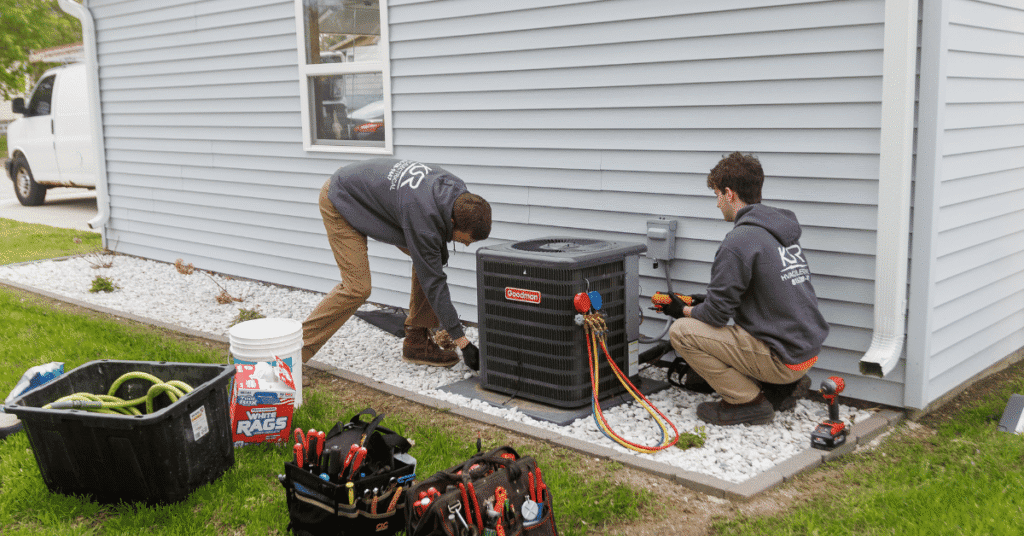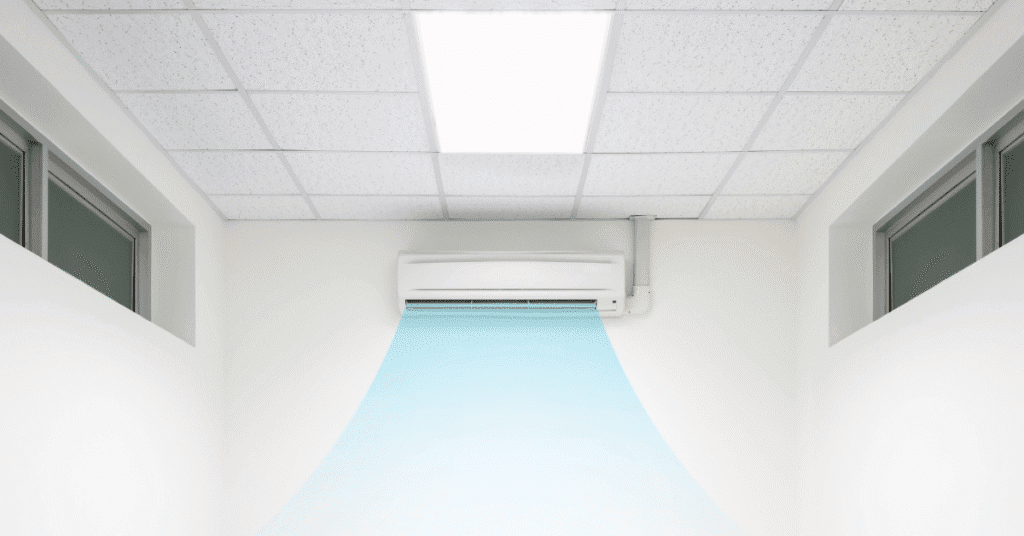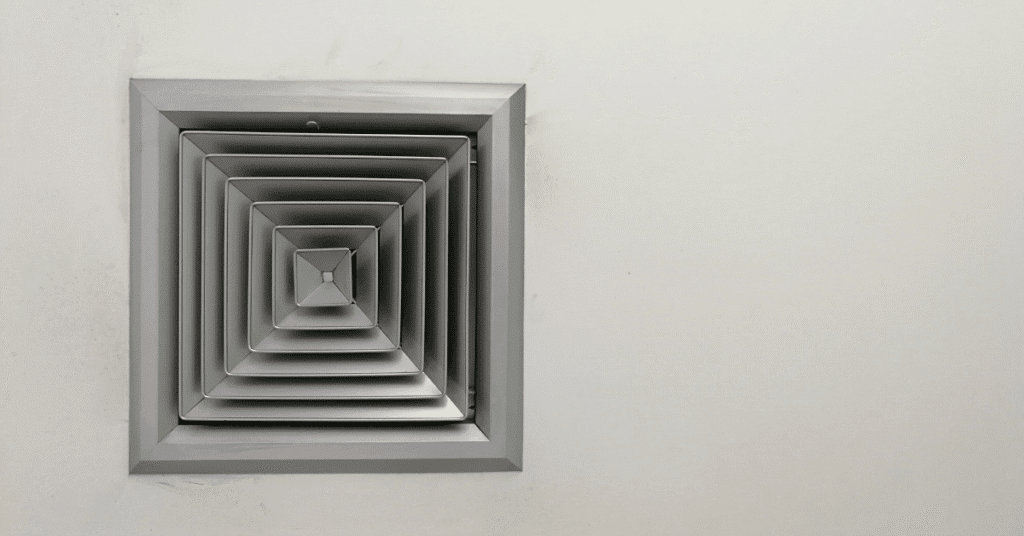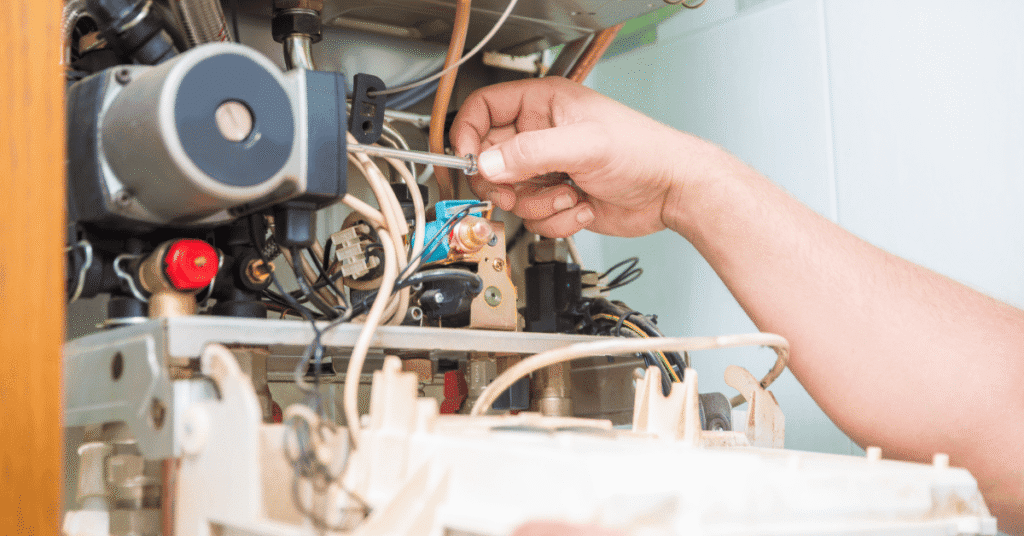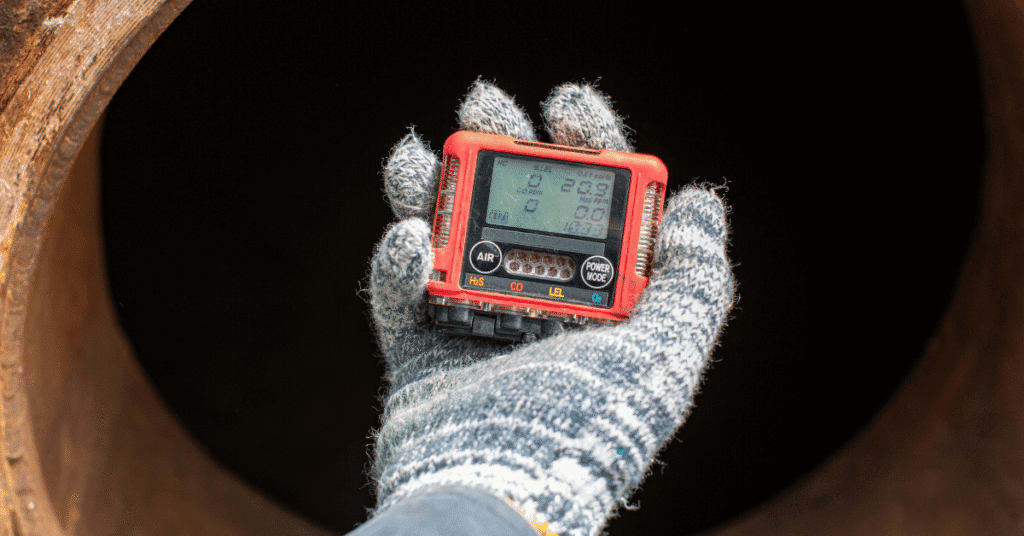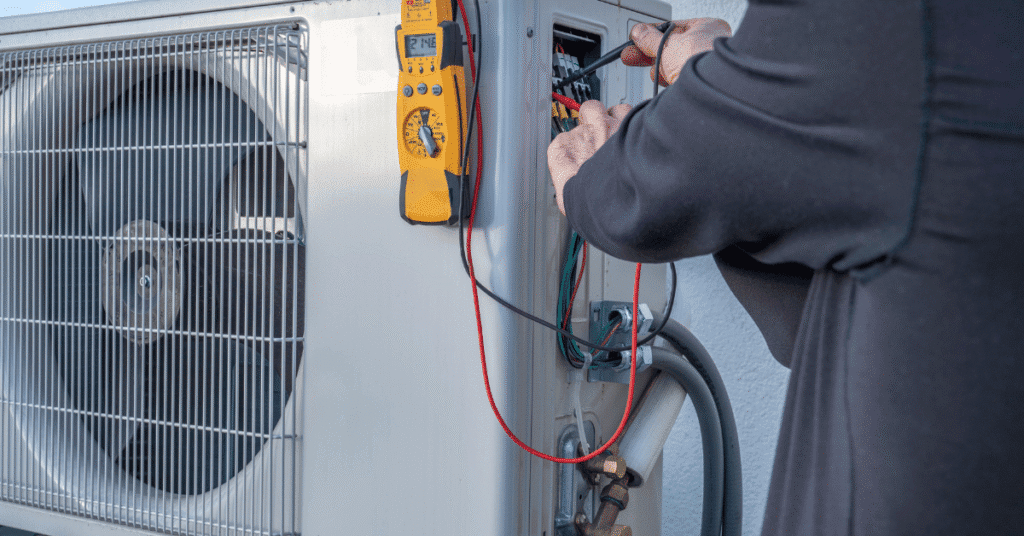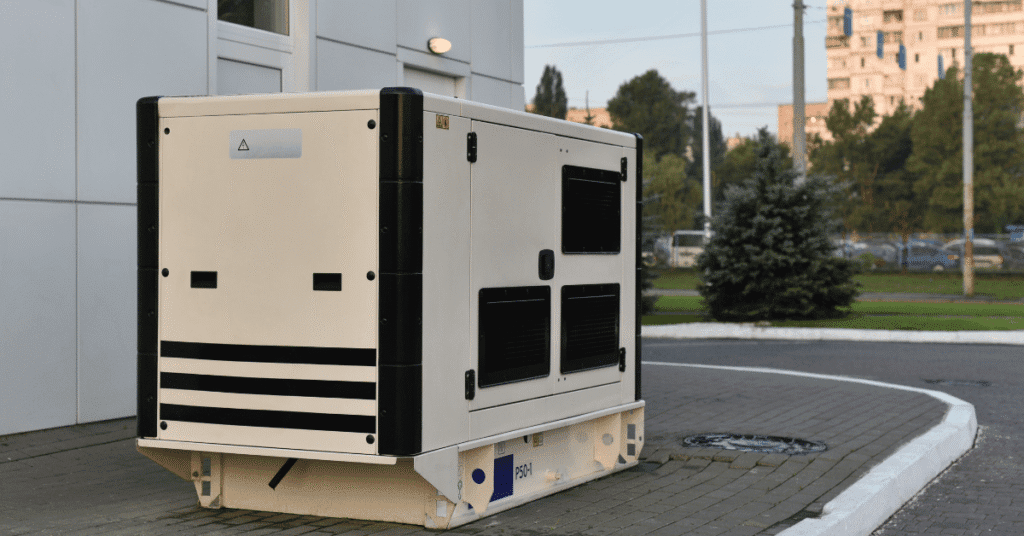A comfortable home during the summer depends on more than just your thermostat setting. Inside your air conditioner, the capacitor is one of the most common components that ensures proper startup and smooth operation of the AC unit. If a capacitor is bad, you may notice issues like warm air, a humming noise, or your air conditioning system shutting down unexpectedly. By spotting these capacitor symptoms early, you can avoid major breakdowns and expensive repair costs.
This article explains what an AC capacitor does, how to recognize the signs of a bad AC capacitor symptoms , and when it’s time for professional cleaning, repair, or capacitor replacement.
What Does an AC Capacitor Do in Your System?
Every AC system relies on ac capacitors to start and run efficiently. A capacitor is like a battery, storing energy and releasing it to power key parts of the air conditioning system.
There are two main types of capacitors inside an air conditioner’s capacitor assembly:
- Start capacitor – delivers the initial jolt of electricity to the compressor and fan motor, helping the AC unit start its cooling cycle.
- Run capacitor – supplies steady current to keep the condenser unit, compressor, and fan motor running.
If the capacitor goes bad, the air conditioner struggles to start or may fail entirely. Knowing what a capacitor does helps you understand why capacitor replacement is often necessary for a failing system.
Common Signs of a Bad AC Capacitor
A bad capacitor or failing AC capacitor doesn’t always show dramatic signs, but there are common symptoms you should look for.
- AC won’t turn on – If your AC unit doesn’t respond at all, a faulty capacitor may be blocking startup.
- Air conditioner takes too long to start – A weak or old capacitor struggles to power the compressor and fan.
- System shuts off unexpectedly – A weak capacitor may fail to maintain charge.
- Weak or warm air – If you notice that your air conditioner is running but only blows warm air instead of cold air, the capacitor is faulty.
- Humming noise – A buzzing or humming noise near the condenser unit often means the motor is trying to start but the ac capacitor is bad.
- Bulging or leaking capacitor – Look at the capacitor: swelling, burnt marks, or leaks mean the capacitor is damaged.
- High energy bills – A failing capacitor forces the HVAC system to work harder, raising costs.
These ac capacitor symptoms to look for will help you diagnose problems before they escalate.
Why Ignoring Capacitor Issues Can Be Risky
Some homeowners assume the AC system will “push through” with a bad capacitor, but this causes more harm. A faulty AC capacitor puts extra load on the compressor and fan motor, which are expensive to replace.
In addition to higher energy bills, ignoring signs of a bad capacitor may lead to overheating, electrical hazards, or complete capacitor failure. In severe cases, a capacitor inside the air conditioning capacitor assembly may burst.

How to Diagnose a Bad AC Capacitor
To properly diagnose the issue, consider these steps:
- Listen for unusual sounds – clicking, buzzing, or humming when the AC’s capacitor tries to start.
- Check startup times – slow startups often mean the capacitor gets weak.
- Inspect the access panel – swelling, leaking, or burnt marks signal the capacitor needs replacement.
Still, only a professional can confirm if the capacitor is bad using a multimeter. Trying to discharge the capacitor without training is dangerous, which is why an HVAC technician is essential.
Repair vs. Capacitor Replacement
The good news is that capacitors are relatively affordable compared to compressors or full HVAC system installation.
- Choose replacement capacitor if only the capacitor is faulty.
- Get the ac capacitor replaced during routine AC service if your system is old.
- Inspect related parts like the fan motor and compressor since a bad capacitor can strain them.
- A new capacitor can restore reliable performance and prevent further damage.
Your technician may recommend replacing a capacitor proactively during maintenance to prevent surprise failures.
Preventing AC Capacitor Problems
Proper care helps ac capacitors last up to 20 years, though most fail sooner. To extend their life:
- Schedule seasonal HVAC cleaning, repair, and inspection.
- Keep the condenser unit clear of dirt and debris.
- Ask your technician to test capacitor terminals during tune-ups.
- Replace weak capacitors before they cause a full breakdown.
Preventive steps make sure your air conditioning system avoids mid-summer failure.
Professional Help vs. DIY
While some guides suggest using a spare capacitor for DIY fixes, attempting to handle a capacitor is bad practice if you lack training.
Capacitors may still hold charge even after power is shut off. A shock can be dangerous. That’s why installation and cleaning should always be left to a certified HVAC service provider.
Professionals ensure:
- Correct diagnosing a bad AC capacitor.
- Safe AC capacitor replacement.
- Protection of other parts like the compressor and fan.

How KSR HVAC & Electrical, LLC Can Help
At KSR HVAC & Electrical, LLC, we specialize in AC service, including diagnosing bad ac capacitor symptoms, repair, and full installation of new parts. We work with leading brands like Daikin, Goodman, and Amana, and our team ensures every air conditioner capacitor is tested during routine maintenance.
Whether you need a capacitor replaced or a full HVAC system inspection, we provide professional service to keep your home safe and comfortable.
Final Thoughts
A bad AC capacitor may look like a minor issue, but it can shut down your entire AC system if ignored. Knowing the common symptoms, calling for repair or installation of a replacement capacitor, and scheduling regular AC service will keep your air conditioning system reliable and efficient.
